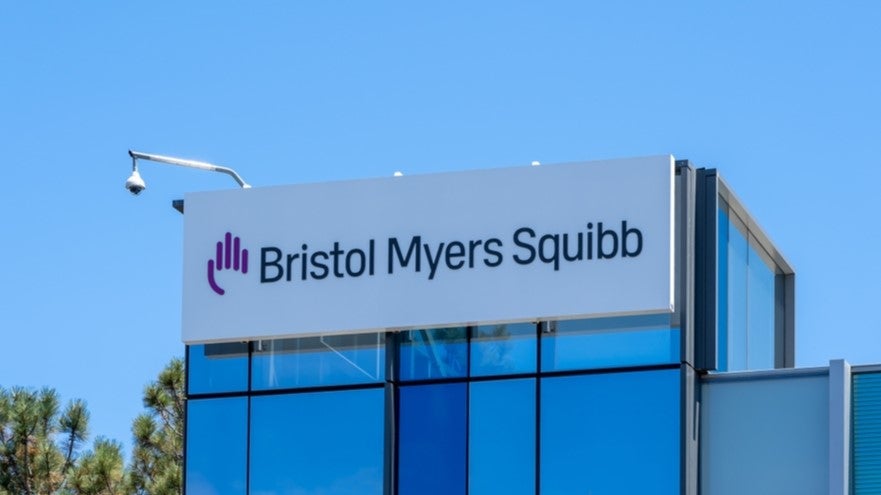
The US Food and Drug Administration (FDA) has delayed the assessment of the supplemental biologics licence application (sBLA) of Abecma (idecabtagene vicleucel) for treating heavily pre-treated relapsed or refractory multiple myeloma.
The FDA had informed Bristol Myers Squibb and 2seventy bio that the agency will not be able to provide a decision on the sBLA by the Prescription Drug User Fee Act (PDUFA) target action date of 16 December, as per a 20 November press release.
In 2021, the FDA approved the drug as a fifth-line therapy for relapsed or refractory multiple myeloma. The companies are seeking approval for Abecma as an earlier line of therapy for triple-class exposed multiple myeloma.
Abecma is a B-cell maturation antigen (BCMA) directed chimeric antigen receptor (CAR) T-cell therapy. Abecma’s sales have been a concern, with 2seventybio downsizing in light of low projected sales. The drug is forecasted to generate less than the $470m-$570m range that was previously projected, as per a 12 September press release.
There has been increased competition in the heavily pre-treated relapsed or refractory multiple myeloma market. In February 2022, the FDA approved Janssen’s BCMA directed CAR T-cell therapy, Carvykti (ciltacabtagene autoleucel) as a fifth-line therapy for multiple myeloma. The multiple myeloma market is forecasted to generate $21.6bn in sales across the eight major pharmaceutical markets (US, France, Germany, Italy, Spain, UK, Japan, and China), as per GlobalData’s analysis.
GlobalData is the parent company of Pharmaceutical Technology.
Abecma’s sBLA is supported by the data from the Phase III KarMMa-3 trial (NCT03651128). The study met its primary endpoint by demonstrating improvement in progression-free survival (PFS) and reduction in the risk of disease progression, compared to standard regimens.
As per the published results, participants in the Abecma group had a median PFS of 13.3 months at a median follow-up of 18.6 months, compared to the PFS of 4.4 months in the standard regimen group. A complete response was seen in 39% and 5% of the Abecma and standard treatment group participants, respectively.
Grade 3 or 4 adverse events were seen in 93% and 75% of the Abecma and standard treatment group participants, respectively. In the Abecma group, 88% of the participants observed cytokine release syndrome, with grade 3 or higher events seen in 5% of the patients. The final PFS and interim overall survival data from the KarMMa-3 study will be presented at the 2023 American Society of Hematology (ASH) Annual Meeting and Exposition on 11 December.
Cell & Gene Therapy coverage on Pharmaceutical Technology is supported by Cytiva.
Editorial content is independently produced and follows the highest standards of journalistic integrity. Topic sponsors are not involved in the creation of editorial content.









